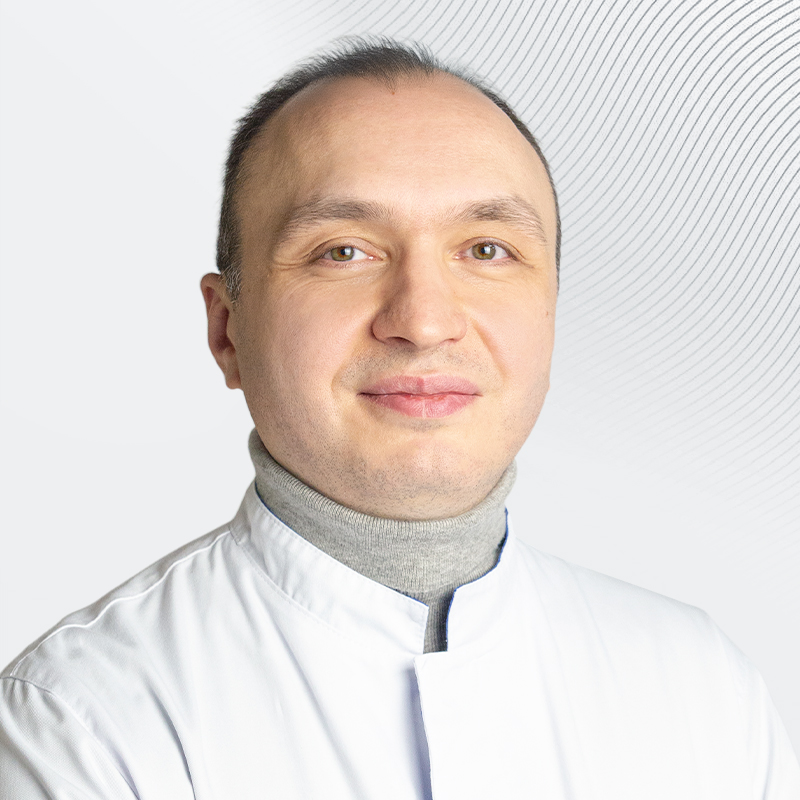Parkinsonism and movement disorders
At the Neurology and Neurosurgery Clinic of the European Medical Center, neurologists diagnose and treat Parkinson's disease and other types of parkinsonism tremor, dystonia, and other movement disorders.
A specialized parkinsonological appointment was organized with consultations from experienced EMC neurologists, a parkinsonologist, PhD Yu.N. Bezdolny, and a leading Russian specialist in neurosurgery for extrapyramidal diseases, Professor V.A. Shabalov, MD.
Specialized parkinsonological technique in EMC
A special feature of parkinsonological admission to the EMC is the possibility of a comprehensive study of the condition of the disease, i.e. not only a clinical examination with therapy recommendations, but also a complete study of the functional integrity of brain structures involved in the pathogenesis of the disease according to neuropsychological testing, MRI, neurophysiological studies, PET with F18FDG and F18DOPA, SPECT. This significantly reduces the value of the subjective clinical judgment of a neurologist about the severity of the disease and forms a more correct prognosis for the course of the disease with the approval of the direction of therapy - correction of motor symptoms or cognitive and emotional disorders. This approach helps to better recommend surgical treatment with a reduced risk of unsatisfactory results and a better clinical outcome.
The specialized parkinsonological technique at the EMC includes:
- The primary consultation of a neurologist is to study the anamnesis of the disease, complaints, and main clinical symptoms with the definition of the main algorithms for further research confirming the diagnosis (idiopathic Parkinson's disease, various forms of Parkinsonism with difficulty in establishing a reliable clinical diagnosis, Parkinsonism with the development of cognitive impairment) and the prognosis of the disease.
- Neurofunctional research.
- Radioisotope research.
- Neuropsychological research.
EMC treatment of Parkinson's disease
The European Medical Center uses the most modern and effective methods of treating Parkinson's disease and other forms of Parkinsonism:
- treatment algorithms in accordance with modern protocols developed in the world's leading parkinsonian centers;
- modern drug therapy;
- treatment of cognitive impairments;
- treatment of sleep disorders specific to this group of patients;
- treatment of mental and emotional disorders;
- treatment of speech disorders;
- treatment of swallowing disorders;
- treatment of constipation and other gastroenterological disorders;
- treatment of salivation and rhinorrhea;
- specialized nutrition;
- rehabilitation and physiotherapy;
- the participation of related specialists - internists, cardiologists, surgeons, psychiatrists, neuropsychologists, speech therapists, urologists, gastroenterologists, orthopedists, rehabilitologists and others;
- intestinal drug pumps;
- neurosurgical treatment – DBS and other surgical techniques;
- training;
- psychotherapeutic support.
Types of movement disorders and their main causes
Motor neurological disorders are conditions with abnormal or excessive movements. Most motor disorders occur due to impaired function of the basal ganglia, a special group of subcortical structures of the brain that regulate motor functions. Neurological disorders with insufficiency and slowness of movement are called hypokinetic disorders, which are represented by Parkinson's disease and other types of Parkinsonism. Hyperkinetic disorders are characterized by excessive, involuntary movements, which can be roughly divided into several main categories: dystonia, chorea, tremor, myoclonus, and tic.
Hypokinetic disorders (parkinsonism).
- Parkinson's disease
- Diffuse Lewy body disease
- Progressive supranuclear palsy
- Multisystem atrophy
- Corticobasal degeneration
- Hydrocephalus
- Vascular parkinsonism
- Medicinal parkinsonism
- Wilson's disease
Hyperkinetic disorders.
Tremor:
- essential tremor;
- physiological tremor;
- parkinsonian tremor;
- cerebellar tremor;
- dystonic tremor;
- neuropathic tremor;
- rubral tremor;
- psychogenic tremor;
- medicinal tremor.
Dystonia:
- Primary dystonia(blepharospasm; hemifascial spasm; spastic torticollis; writing spasm; torsion dystonia).
- DOPA-sensitive dystonia.
- Anoxic-hypoxic brain damage.
- Brain injury.
- Dystonia after encephalitis.
- Tardive dystonia.
Chorea:
- Huntington's disease;
- neuroacanthocytosis;
- postinfectious chorea;
- medicinal chorea;
- vascular chorea;
- autoimmune chorea, chorea in rheumatism;
- chorea during pregnancy.
Tick:
- Tourette's syndrome;
- cerebral palsy and developmental delay syndromes;
- autism;
- Huntington's disease.
Myoclonus:
- physiological myoclonus;
- essential myoclonus;
- metabolic encephalopathy;
- post-toxic myoclonus; progressive myoclonic epilepsy.
Athetosis:
- developmental delay syndromes;
- anoxic-hypoxic brain damage.
Ballism:
-
cerebrovascular disease (in the case of hemiballism, usually an infarction of the contralateral subthalamic nucleus).
Get help
Specify your contacts and we will contact you to clarify the details.
Doctors
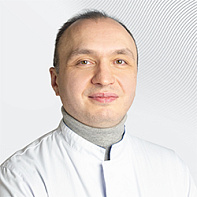
Murat Shomakhov
-

Yuliya Aleshchenko
-
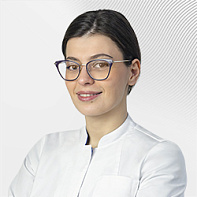
Izabella Maskurova
-
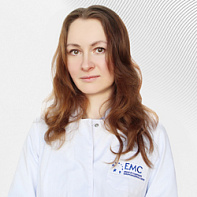
Evgeniya Aleksandrova
Ph.D. of Medical Sciences
-
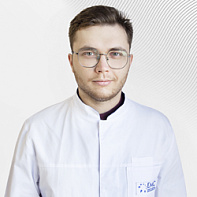
Mikhail Zaytsev
-
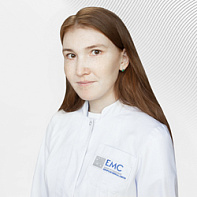
Ananeva Liliia
-
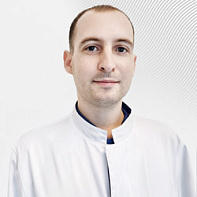
Dragan Ivan
-
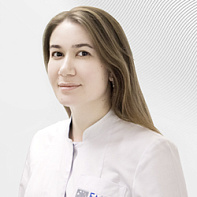
Mityukova Marina
-
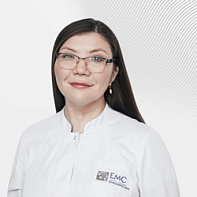
Kameldenova Dinara
-
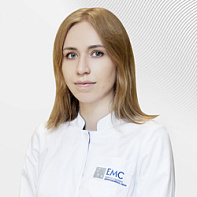
Ermilova Elizaveta
-
.jpg)
Volkov Sergey
-
.jpg)
Shchelukhin Alexandr
-
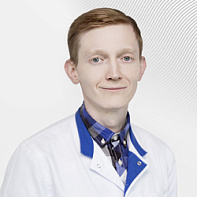
Eliseev Yuriy
-
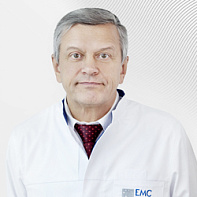
Kamchatnov Pavel
Doctor of Medicine, Professor
-
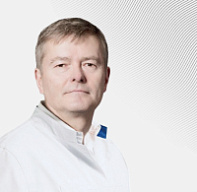
Fitze Ingo
Head of the Interdisciplinary Sleep Medicine Center at the Charite University Hospital (Berlin, Germany), founder of the private sleep Medicine Institute Somnico GmbH in Berlin., Professor, Doctor of Medicine
-
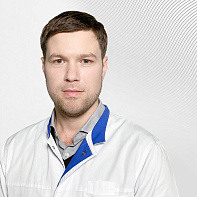
Ilyin Nikolai
-
.jpg)
Medvedeva Anastasiya
Ph.D. of Medical Sciences
-
.jpg)
Pechatnikova Natalia
Hereditary metabolic diseases
-
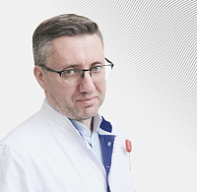
Nogovitsyn Vasiliy
Leading pediatric neurologist and epileptologist, Ph.D. of Medical Sciences
-
.jpg)
Maslak Andrey
Clinical neurophysiology and neuromuscular diseases
-
Murat Shomakhov
- Specializes in the treatment of chronic pain
- Performs diagnostics of headaches, back and limb pain, selects medical treatment
- Chen of the Association for Interventional Pain Management
Total experience
18 years
Experience in EMC
since 2025
